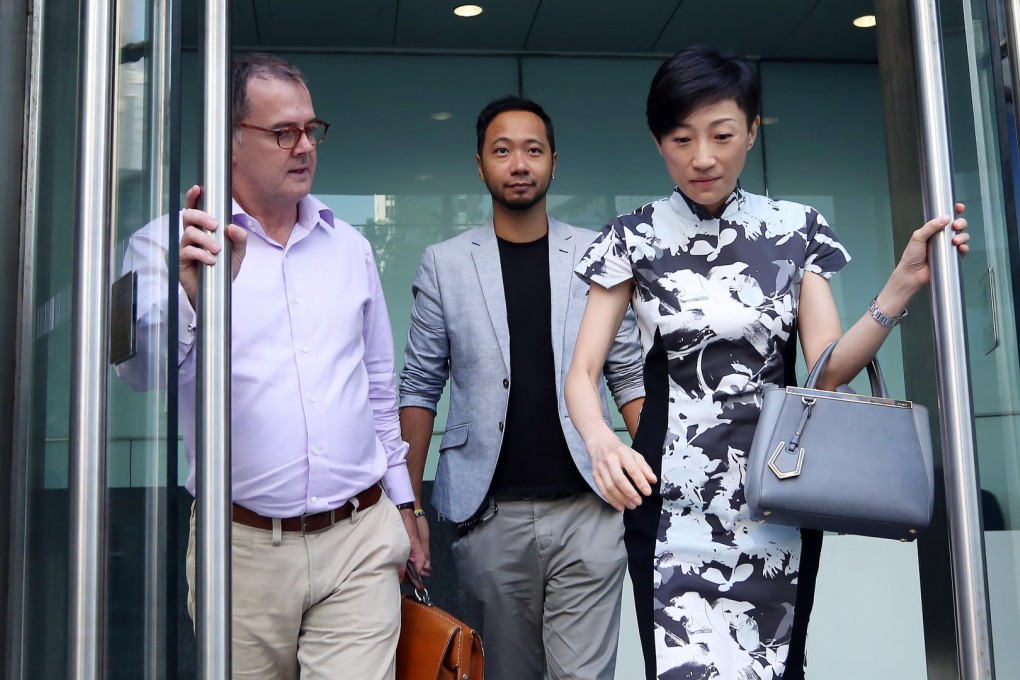Linked cases of Hong Kong protester and the cops charged with beating him could turn on witness credibility and each trial's speed, scholars say
Scholars say the trials of an Occupy protester and policemen charged with beating him could turn on witness credibility and which ends first

A decision by prosecutors to synchronise actions against an Occupy protester charged with assaulting police and seven officers who allegedly beat him up means the order of their trials could affect witness credibility, lawyers said yesterday.
A complicating element in the legal drama is the dual identity of Ken Tsang Kin-chiu, who is in one case a victim and potential prosecution witness while in the other a defendant. He is due to appear in Eastern Court on Monday, the same day the seven policemen are due to appear in the same court, in a move justice officials insist will ensure "fairness".
Yesterday Tsang and his lawyers spent two hours inside police headquarters in Wan Chai but later declined to comment on the reason they were there.
Tsang's case will be handled by magistrates while the officers' case will be taken up at a higher level in the District Court.
READ MORE: Occupy protester Ken Tsang faces charges of assaulting Hong Kong police
Cases can proceed faster before magistrates than in the District Court, and timing could bear on the outcome of each case because the credibility of witnesses could be put into doubt.
"If a defendant was convicted and had a criminal record, it might affect the judge's impression on the credibility of his evidence in another case," said Jeffrey Tam Chun-kit, a barrister who has handled criminal cases arising from protests.